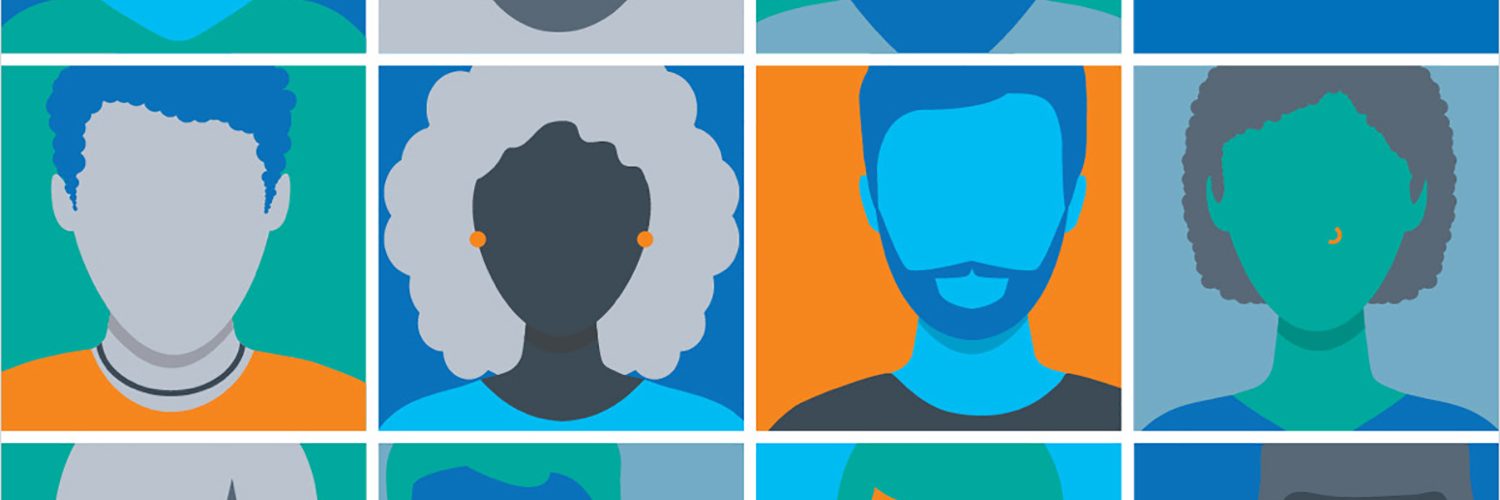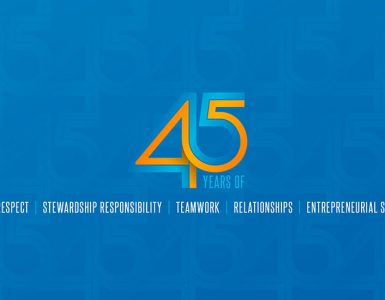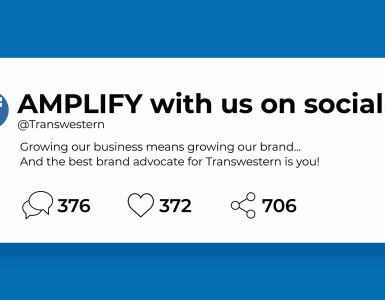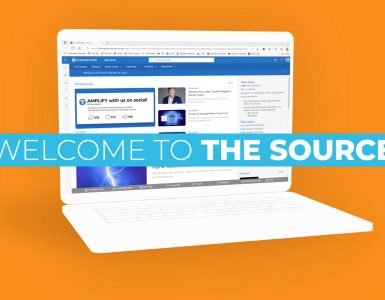As 2021 kicks into high gear, so does the rollout of Transwestern’s Diversity, Equity and Inclusion (DEI) program. In February’s virtual town hall, DEI committee leaders shared results from the companywide survey conducted last year, and then pivoted to the implementation of a plan designed to achieve a more diverse, inclusive workforce – what TRS President Tom Lawyer calls “a consistent, intentional strategy.” If you missed the town hall, you can watch it here.
To begin, Bruce Ford explained how the Steering Committee, made up of TW volunteers, created the four goals of awareness, training, talent, and belonging based on prominent themes during early discussions. He also emphasized how the structure of our DEI initiative is vital to its success – an “all hands, all team” effort that will rely on local committees creating their own plans. With the help of outside resources, the companywide survey provided an important benchmark for our efforts. Colleen Dolan reviewed the results and highlighted areas for improvement related to specific groups and service lines.
Then came the main event: Kim Croley moderated a conversation among DEI leaders Adair Bryan, Kristine Maggio, Josh Richards and Nami Richardson, whose passion, personal experiences, company insight and creativity have been instrumental in creating the company’s national and local goals and blueprint for moving forward.
The group explained the sensitive nature of many DEI conversations, and how trust and camaraderie quickly developed among those serving on the national goal teams. Nami shared how training can further encourage open, honest communication through both traditional and non-traditional learning opportunities. Team members must recognize unconscious bias, which Adair explained often comes into play during the recruiting process. Ultimately, she said, tapping into different experiences and backgrounds will make us a stronger organization.
Echoing the sentiment of many DEI volunteers, Kristine said she got involved with this initiative to further educate herself and figure out how Transwestern can drive change together. And that’s exactly what will happen next.
Based on conversations within the goal teams and feedback via the survey, it’s clear that Transwestern is not starting from a blank slate, and many effective practices at the local level will be of value nationally. To this end, a DEI Local Guide has been created to structure local market efforts. This guide outlines the DEI program vision, how the four goals work together, and the national and local objectives for each goal. Additionally, it provides action items that will be accomplished at the national level, as well as action items required, and others for consideration, locally.
The DEI Steering Committee will host a kick-off call with local DEI teams to review the Local Guide and how to use it. Then, each local team will develop its plan and submit it to the Steering Committee for review. Once approved, local teams will launch their programs, and all teams should be executing against their plan by April. National and local DEI involvement already exceeds more than 90 team members, and this will grow as local efforts get underway.
As Josh explained, “This is not just about personal development, but also professional development. We’ve seen a groundswell of support and intend to be transparent with our expectations while celebrating our progress on this journey.” If you are not working on a local DEI team but would like to get involved, contact Kristine Maggio.
























